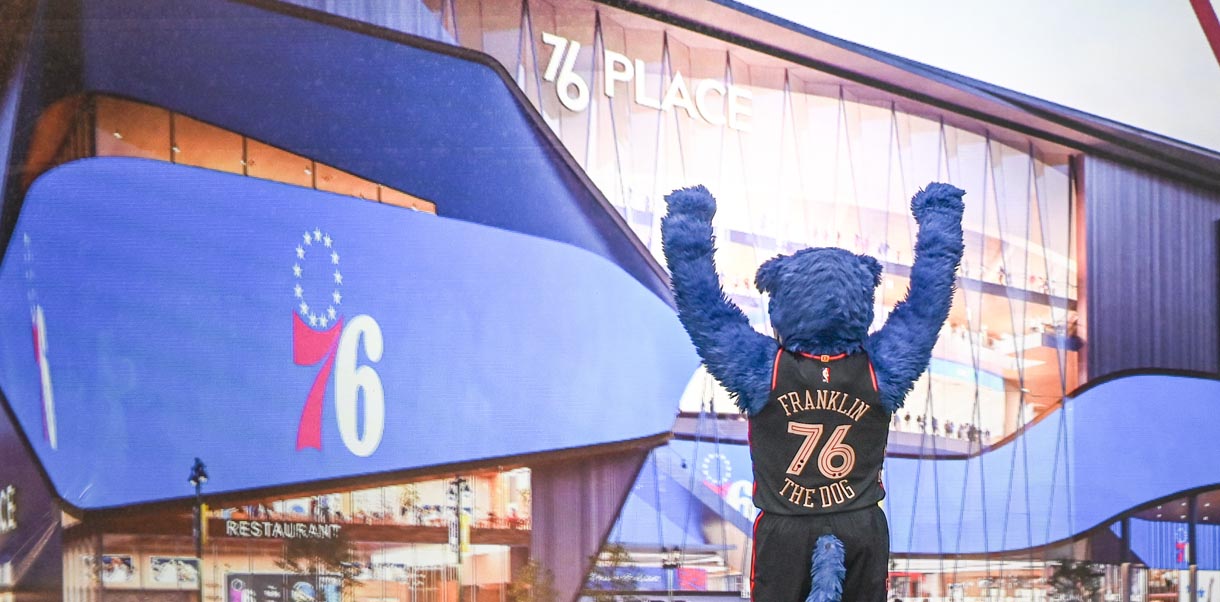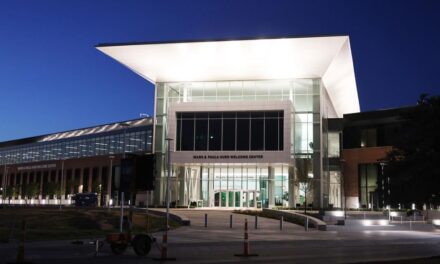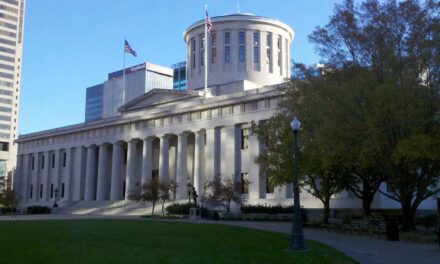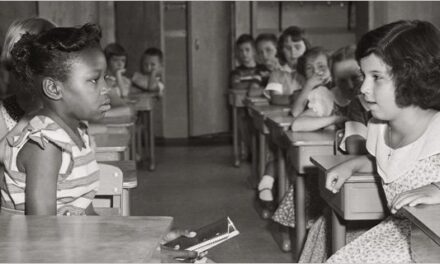
76Place: an opportunity for Philadelphia’s Black businesses to offer their services at the arena
By Regina Hairston, president
African American Chamber of Commerce
Last week’s strong approval of 76Place by Philadelphia City Council’s Committee on the Whole represents more than an unprecedented economic opportunity for Philadelphia’s Black-owned and operated businesses — it established a new paradigm for how the African American Chamber of Commerce of Pennsylvania, New Jersey, and Delaware (AACC) will work with developers and the city to shape projects to meet the needs of our members.
From the announcement of 76Place, it was clear that the ownership of the 76ers wanted the opening of a new arena to be different from past developments and to create real opportunities for diverse businesses. More than a vague guarantee of new jobs -– something every large-scale developer can commit to -– the 76ers immediately sought to work with the AACC and other leaders to structure what the arena’s development and operations would look like for diverse companies and workers.
Over the past 18 months — well before formal legislative processes commenced or hearings were scheduled — the AACC and the 76ers partnered to identify barriers faced by Black-owned businesses and workers and to explore targeted interventions to overcome these obstacles.
The results of that initial outreach, and the hours of thoughtful discussion and planning that went into the plan’s development, are clear. The team has agreed to a comprehensive Economic Opportunity Plan (EOP), one that is robust, measurable, and actionable. Black businesses will be guaranteed the opportunity to provide services inside the arena. Black professionals will be (and have already been) included in the design and construction of 76Place. Black workers will have a real opportunity to earn employment.
In some ways, what isn’t in the agreement is as important as what is. As anyone who has been paying attention knows, that too often, pledges to engage Black-owned businesses fail. Sometimes, that’s due to a lack of enforceability. But most often the real causes are a lack of opportunity and access to badly needed capital. That reflects a broader systemic challenge the 76ers are working with the AACC to address.
That is where the 76ers’ proactive, long-term approach and partnership with the African American Chamber sets the 76ers apart. The team has allocated $2 million to support the AACC’s work to assist businesses in seizing the opportunity. It has made significant investments in programs like Everybody Builds. In short, they aren’t just saying they want to work with Black businesses — they are working with the AACC to develop the next generation of business owners and ensure there are Black businesses ready and able to fully participate in the economic opportunities created by 76Place.
Through national benchmarking and direct engagement with other franchises, I can confidently state that no other team — locally or nationally — has undertaken such comprehensive pre-approval efforts to ensure the inclusion of underrepresented businesses. The 76ers’ proactive investment exemplifies a best-in-class model for equitable development.
The importance to Council of the 76ers’ commitments cannot be overstated: the number one question we were asked was about economic opportunity and the enforceability of the commitments being made. It mattered to the Members I spoke with that the 76ers were partnering with the AACC to ensure Black-owned businesses benefit from 76Place.
While the agreement isn’t perfect — no development of any consequence is ever perfect -– the agreement to build 76Place represents a new way of doing things in Philadelphia for Black-owned and operated businesses. The AACC is here to be partners with any business that wants to invest in the city and its future. We are committed to making this new model for Philadelphia work for everyone.
I hope that Council gives final approval to the project this week so that together, we can create opportunity and build a stronger future for diverse businesses and workers.
Disclaimer:
The views, thoughts, and opinions expressed in the article belong solely to the author, and not necessarily to the author’s employer, The Philadelphia Sunday SUN, the author’s organization, committee or other group or individual.




